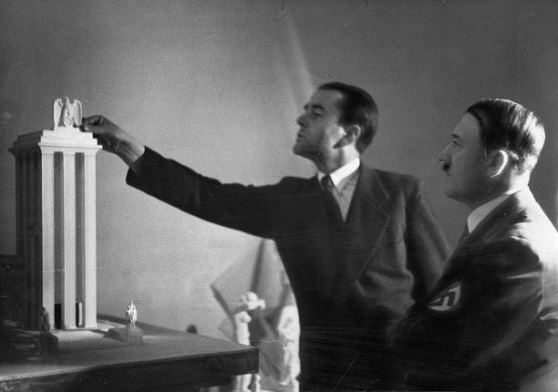
Hitler's architect Albert Speer died 35 years ago
 |
London/Prague - Hitler's architect and later Minister of Armaments Albert Speer, who died 35 years ago, on September 1, 1981, tried to create the image of a so-called decent Nazi after the fall of the Third Reich. This was supposed to be achieved through his verbal condemnation of Hitler during the Nuremberg Trials, expressions of certain remorse, and above all, his memoirs published after his release from Spandau prison. According to recent findings by historians, however, the driving force behind Speer was boundless egoism, opportunism, and an obsession with wealth and power.
Born in Mannheim, Speer, who was commissioned by Hitler to work on the concept of a new Germania, a utopian construction for the capital of the new empire, extended the Second World War by several months due to his managerial skills in the role of Minister of Armaments (1942-1945), according to historians. A close friend of Adolf Hitler always concealed that he knew about the extermination machinery of the Holocaust, but historians have refuted this.
Unlike most of the other top leaders of the Nazi dictatorship who received the death penalty at the Nuremberg Trials, Speer escaped with only 20 years in prison (for war crimes and crimes against humanity) due to his chosen tactic (a decent person seduced by power). He was released on October 1, 1966, and three years later, Speer’s book titled "Memories" was published.
The English translation is powered by AI tool. Switch to Czech to view the original text source.
0 comments
add comment









